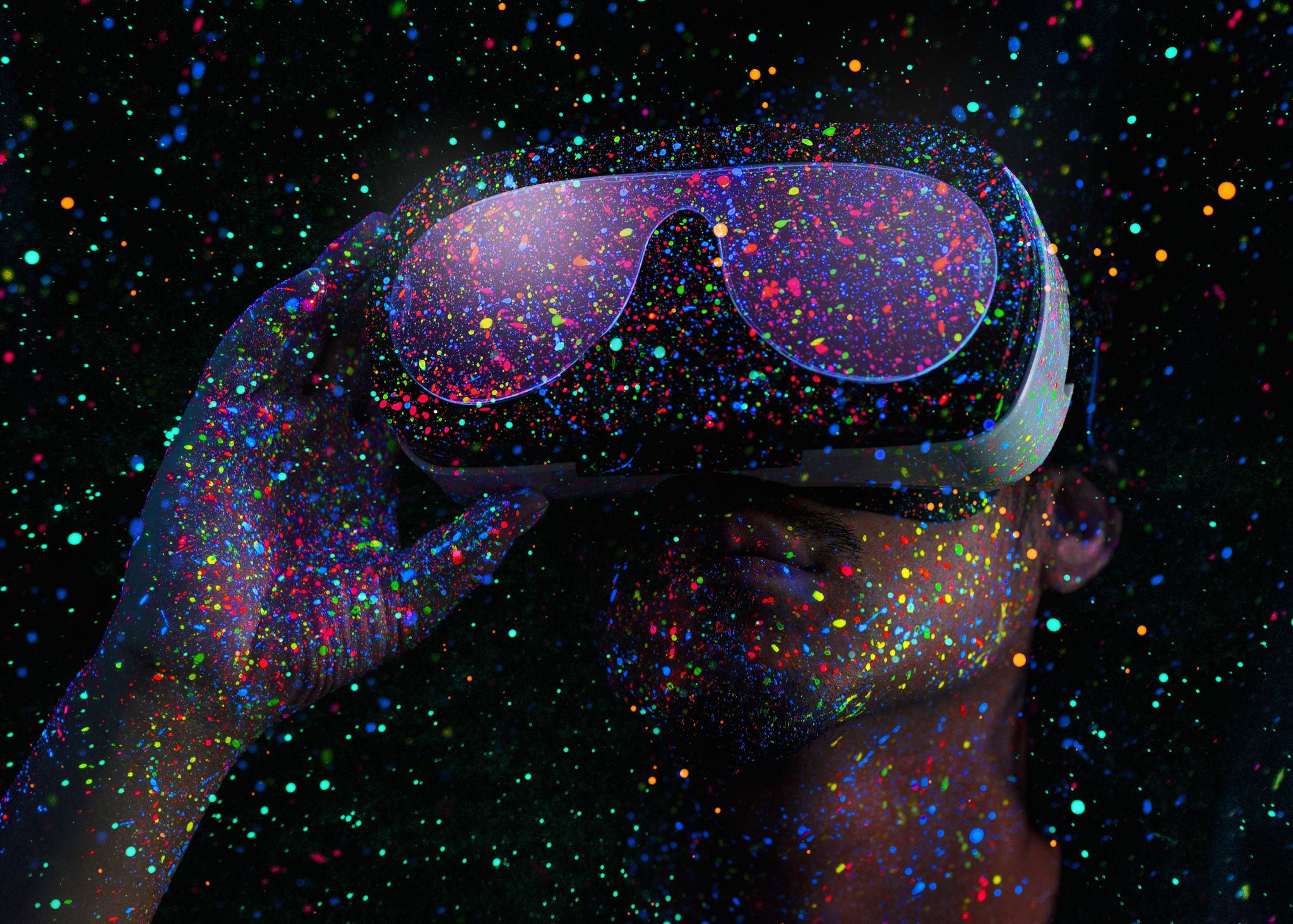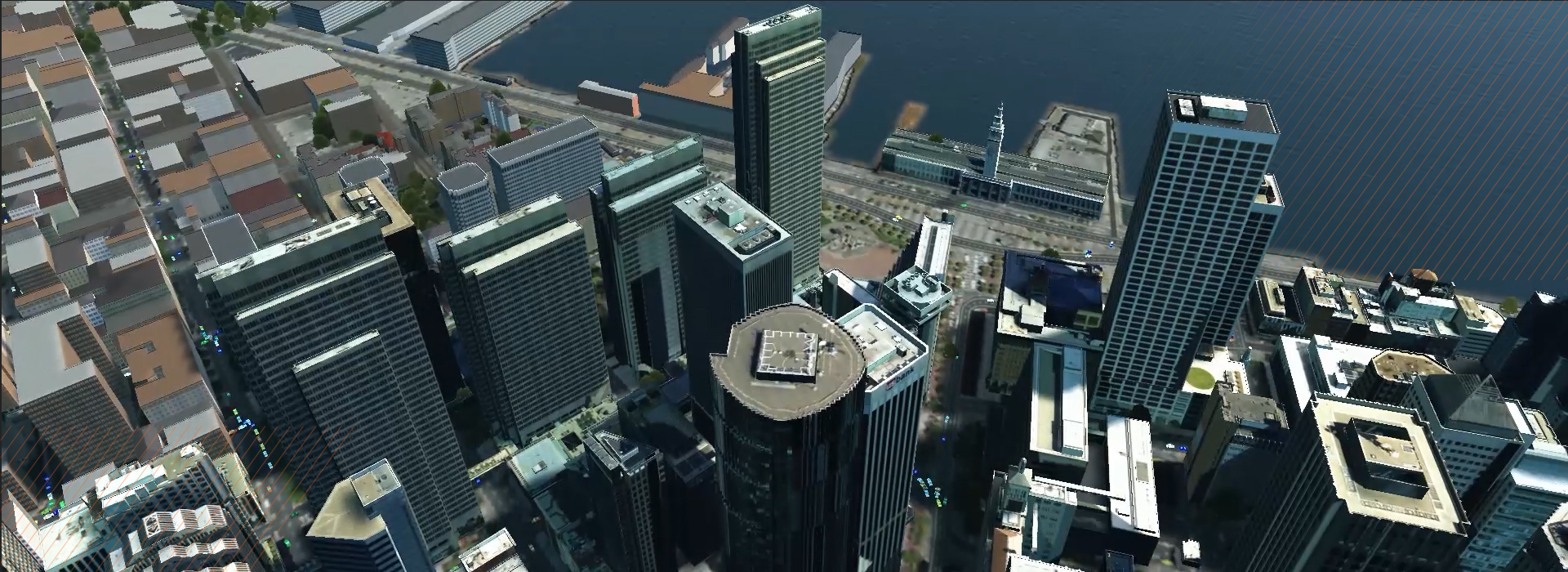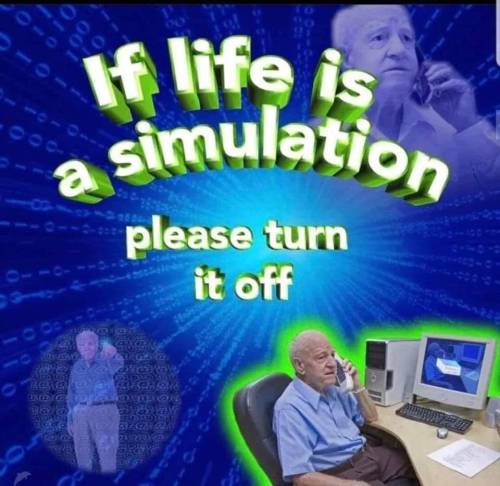



But what Bliss hints at without engaging in deeper exploration, and what A Glitch in the Matrix explicitly puts forth, is this fundamental question: does it matter? Bliss (2021) Photo: Darko Krobonja / Amazon Studiosīliss and A Glitch in the Matrix approach this quandary from very different angles. Or they might really be living in a simulation. In A Glitch in the Matrix, that includes Paul Gude, Alex LeVine, Jesse Orion, and Brother Laeo Mystwood, Ascher’s chief interviewees, each represented through colorfully gonzo avatars in Bliss, it’s Greg (Owen Wilson) and Isabel (Salma Hayek), two “real” people living in a simulated reality, where they enjoy telekinetic powers bestowed on them by ingesting suspiciously innocuous looking yellow crystals. They’re less about simulation theory itself and more about the kind of people who cling to it. Both Amazon’s sci-fi film Bliss and the documentary A Glitch in the Matrix consider the consequences of actions in a simulated world, and amoral behavior when everything around you is the product of source code. Movies don’t often choose their moments, so it’s a happy accident that two films about simulation theory, the notion that the world we believe to be real is actually virtual, dropped on the same day earlier this year. There are billions of possibilities here, but one thing's for sure - you can see why Musk banned this topic of conversation in his hot tubs.If a stranger told you the whole world was a fraud and you were living in a computer simulation, would you believe them? "Either we're going to create simulations that are indistinguishable from reality, or civilization will cease to exist."ĭoes it mean that the man famously worried about the dangers of artificial intelligence is artificial intelligence himself? Or are we avatars being guided by creatures in another reality? Perhaps those figures are themselves being controlled by a third existence? Maybe it's simulations all the way up, and we're just the game inside the game, like the versions of Minecraft built inside Minecraft?

"If a civilization stops advancing then that may be due to some calamitous event that erases civilization," Musk said, presenting two options. "Even if that rate of advancement drops by a thousand from what it is now, let's just imagine it's 10,000 years in the future, which is nothing on the evolutionary scale." Given that we're on that trajectory and that these games are increasingly playable on any device, Musk said, the odds that we are living our lives in base reality - that is, "real" reality - is one in billions.īut that's not necessarily a bad thing. "If you assume any rate of improvement at all then games will become indistinguishable from reality," Musk said. In 40 years, Musk explained, we've gone from Pong to massively multiplayer online games with millions of simultaneous players, games with photorealistic graphics, and stand now on the cusp of a new wave of virtual and augmented reality experiences. His argument - one presumably honed in the soothing waters of many a jaccuzi - goes that the incredibly fast advancement of video game technology indicates we'll be capable of creating a fully lifelike simulation of existence in a short span of time. "We've banned this conversation from hot tubs" "It got to the point where every conversation was the AI / simulation conversation, and my brother and I agreed that we would ban such conversations if we were ever in a hot tub." "You've thought about this?" Topolsky asked. "I've had so many simulation discussions it's crazy," Musk explained. The Verge co-founder Josh Topolsky got half-way through asking Musk if he thought our existence was simulated before the Tesla CEO jumped in to finish his question for him.
#LIFE IS A SIMULATION CODE#
"There's a billion to one chance we're living in base reality," Elon Musk said tonight on stage at Recode's Code Conference, meaning that one of the most influential and powerful figures in tech thinks that it's overwhelmingly likely we're just characters living inside a simulation.


 0 kommentar(er)
0 kommentar(er)
